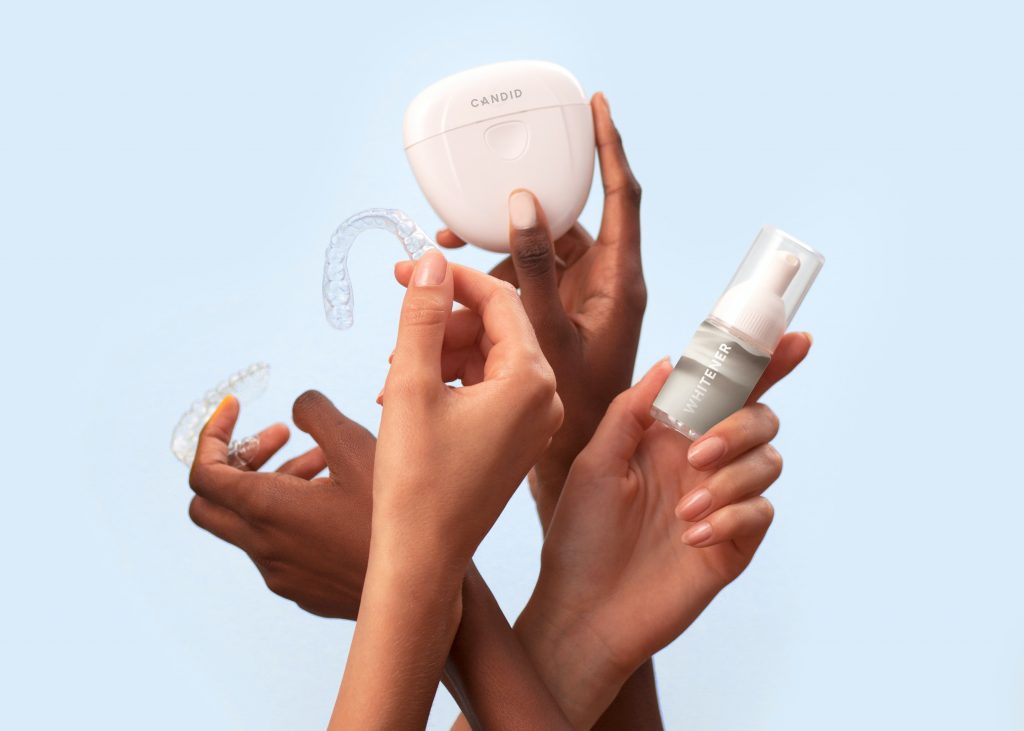
Missing teeth can significantly impact our lives, affecting everything from our ability to chew food properly to our self-confidence when we smile. As a dentist and advocate for holistic oral health, I believe it is crucial to address these issues, not just for oral health but for overall health and wellbeing. One common solution for missing teeth is dental bridges.
A dental bridge, as the name suggests, “bridges” the gap created by one or more missing teeth. A typical bridge consists of two crowns for the teeth on either side of the gap – these are called abutment teeth – and a false tooth or teeth in between, called pontics.
Why should you consider a dental bridge? Missing teeth can affect your oral health and overall wellbeing in several ways. They can lead to bone loss in the jaw, shift other teeth out of position, and alter your bite. This can lead to difficulty in chewing, speech problems, and even changes in face shape over time.
By replacing missing teeth, dental bridges help to maintain the shape of your face and distribute bite forces properly. They also restore your smile and your ability to speak and chew properly. But beyond these functional benefits, dental bridges also contribute to overall wellbeing by improving self-confidence and quality of life.
There are several types of bridges, including traditional bridges, cantilever bridges, and Maryland bonded bridges. The choice depends on the location of your missing tooth, the condition of your adjacent teeth, and personal preference.
Remember, your oral health is part and parcel of your overall health. A missing tooth may seem like a simple aesthetic problem, but it can have far-reaching impacts on your wellbeing. Therefore, solutions like dental bridges are not just cosmetic; they contribute to a holistic approach to health.
